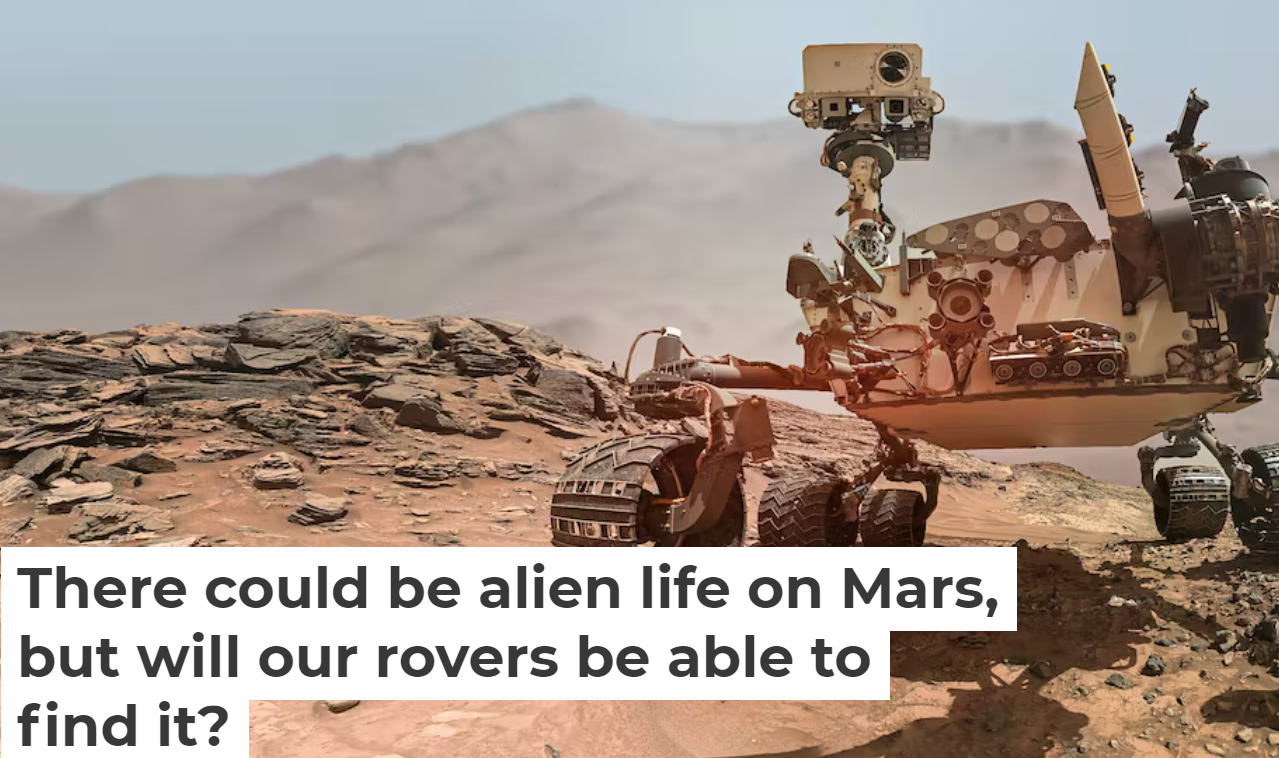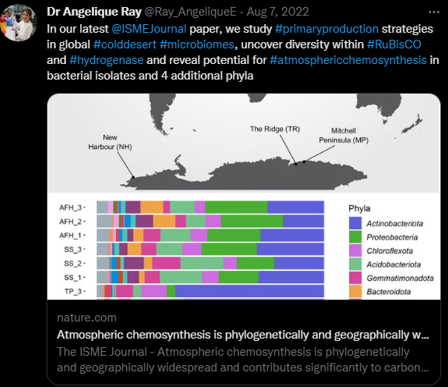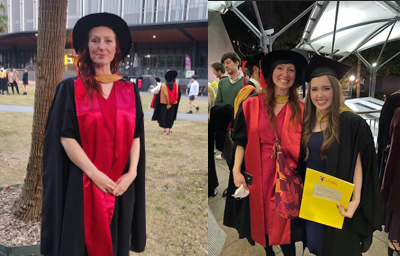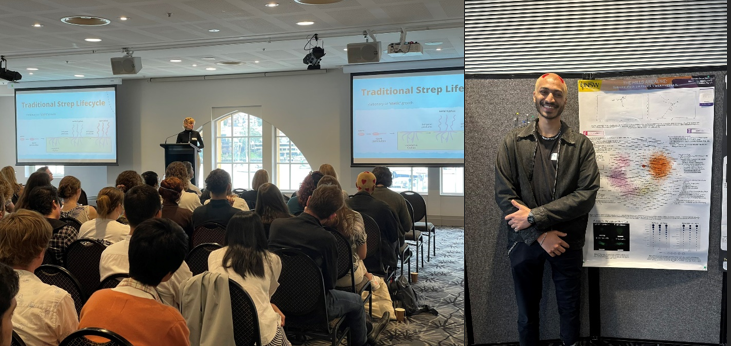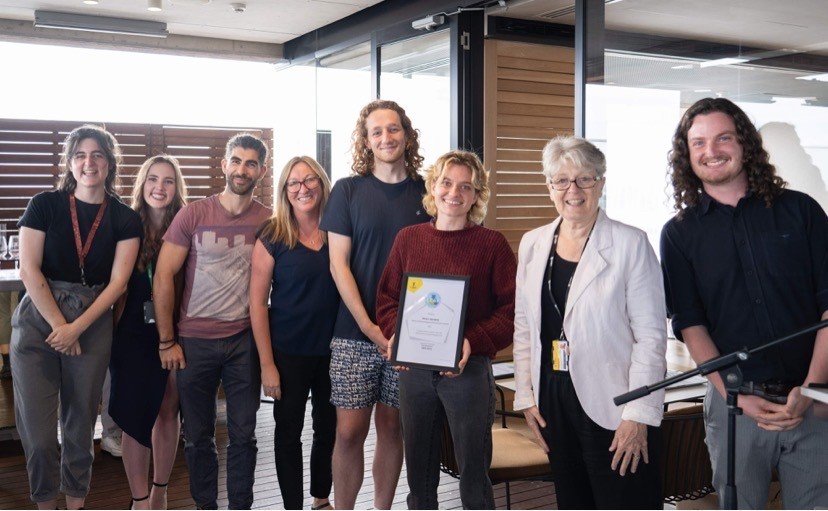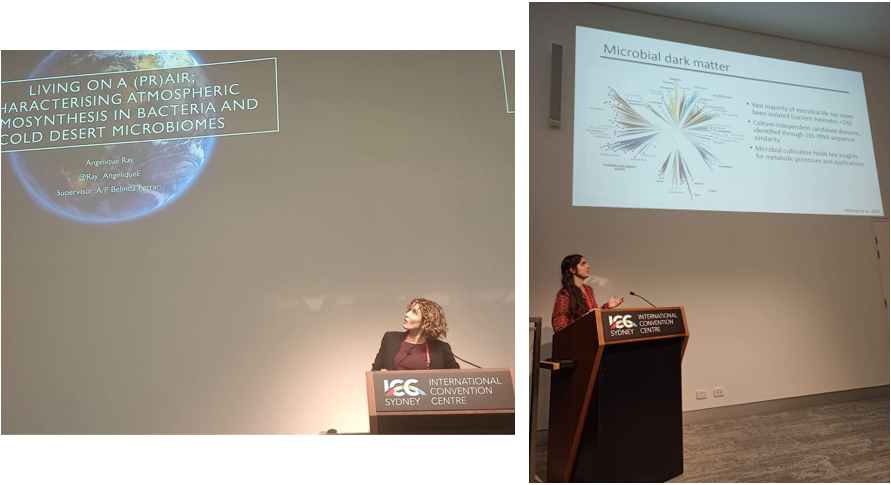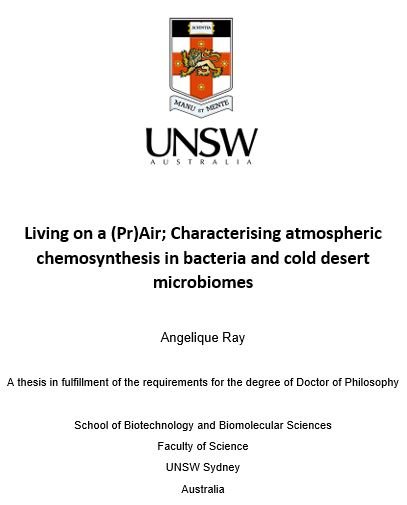Soon after JAMS, Belinda, Jordan and Kris took a quick trip to Hobart to visit our friends from the Australian Antarctic Division to discuss potential bioremediation projects for Jordan and Kris. Investigating bioremediation strategies for Antarctic soils is really important to our lab and we’re really glad to be expanding our contribution to building a cleaner Antarctica and mending the damage that humans have done to its ecosystems.
The work our lab does gives us a front row seat to the toll that science and research can have on the environment and so we couldn’t have been happier to see the Laboratory Efficiency Assessment Framework (LEAF) program be introduced in UNSW. If this is the first time you’re hearing of LEAF, it is a program that aims to reduce the enviromental impact of research by promoting sustainable practices in labs and providing tools to monitor and reduce their ecological impact. Labs can receive bronze, silver or gold certification by implementing the practices associated with each tier and, thanks to Jordan’s exhaustive efforts, we were able to meet every criteria of the silver tier. At the LEAF awards ceremony on December 2nd, we were one of only four UNSW labs to be awarded with a silver certification which we couldn’t have been more proud of. The LEAF program is an awesome initiative and we highly recommend that you, dear reader, look into getting your lab involved today. Next year we’ll definitely be aiming for gold and so should you be! Click here to see the UNSW LEAF website where you can learn more about LEAF and how to register (even if you’re not a UNSW lab).

